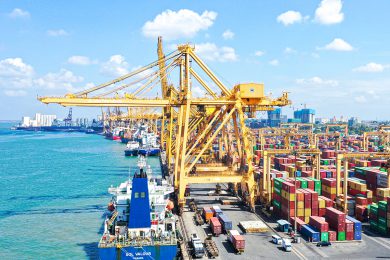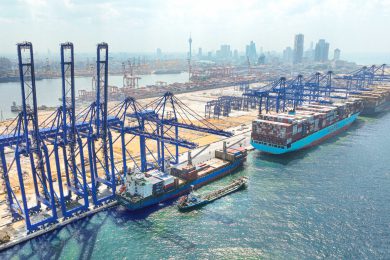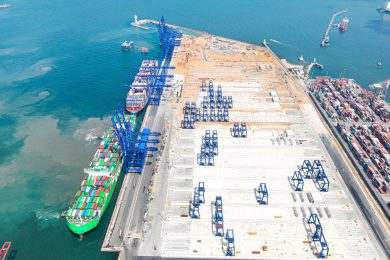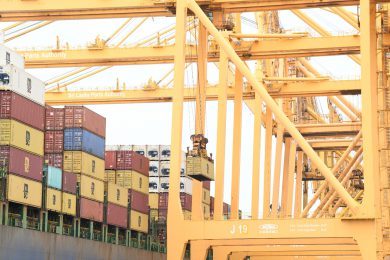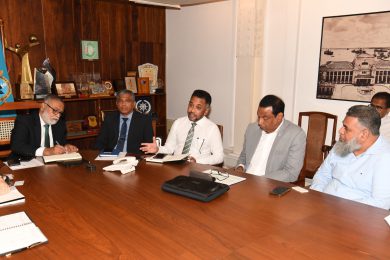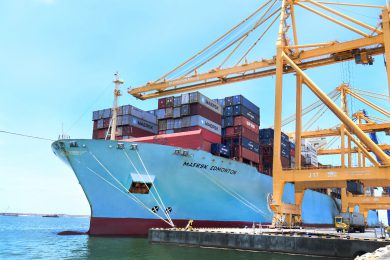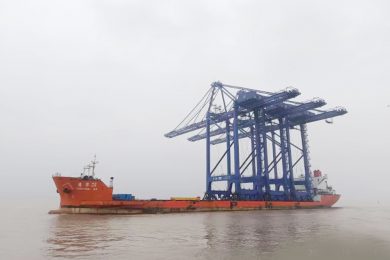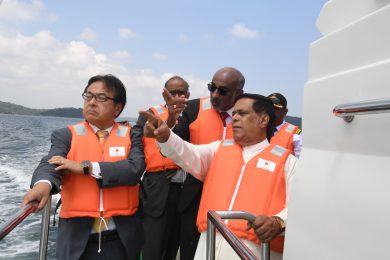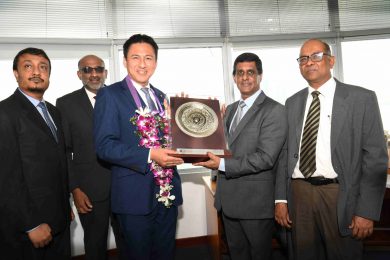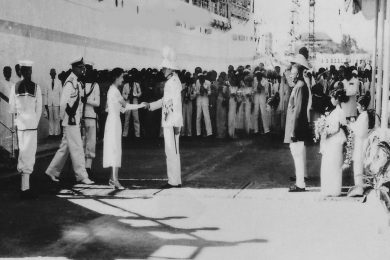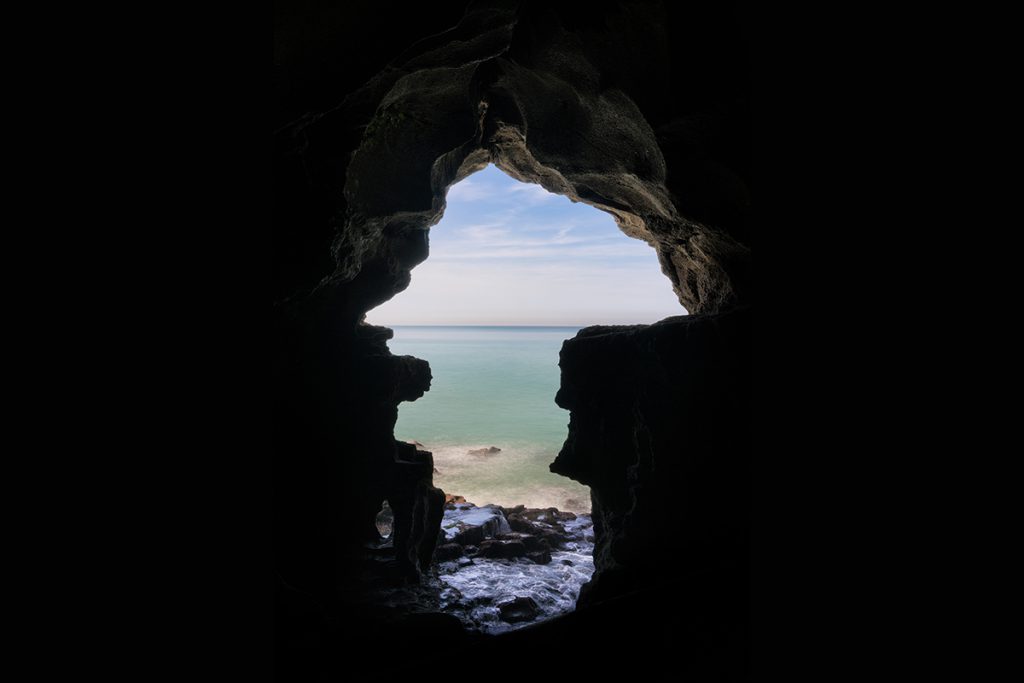Sri Lanka is a major maritime hub in the region and pivotal partner in maritime security.
by RC Wijegunaratne
I would say partnerships matter more than anything in the present context. If partnerships are to prosper, we have to have confidence in our partners. Confidence building among partners can ensure regional stability by way of eliminating misunderstanding and mistrust. We need to work towards establishing stronger connections by fostering seamless maritime partnerships.
As we all know, maritime domain has the ability to promote regional peace, prosperity, and stability.
And, our dependency on the maritime domain will continue to grow with the ever increasing maritime trade and energy flow.
Let me very briefly highlight a few facts about our maritime history. As per the Mahavamsa, our written chronicle history, Prince Vijaya with 700 followers sailed from West Bengal or Oria and landed in Sri Lanka in the 6th century BC.
Cave number 17 of the famous Ajantha Caves, in India has a painting of Vijay’s amphibious landing in Sri Lanka. This confirms that our forefathers were seafarers and historically we are a maritime nation.
Inscriptions on ‘Godawaya’ Stone Tablet found in the ancient port of ‘Godawaya’, just a few kilometres West of our new port in Hambantota, is probably one of the oldest evidence on custom duties in the entire world.
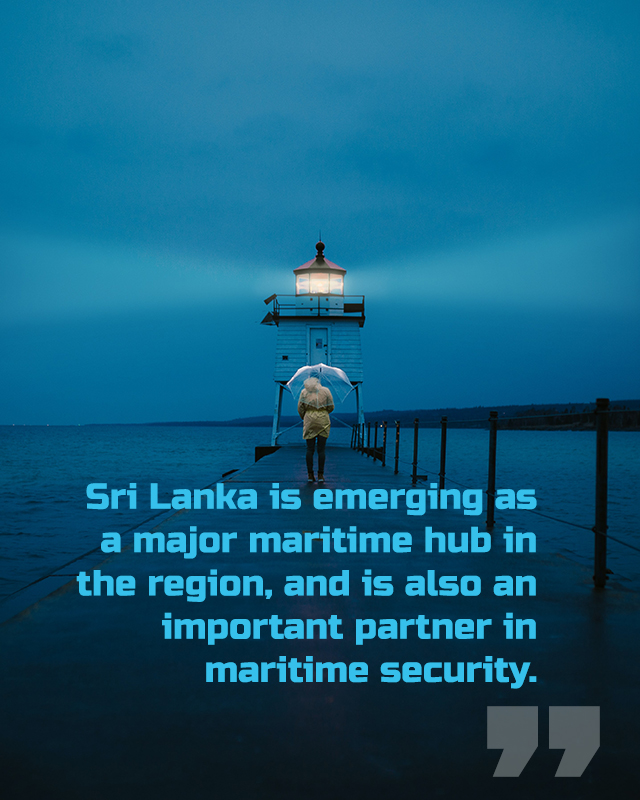
The famous watering point in Galle was maintained by Sri Lankan kings with strict orders “not to charge money from foreign ships obtaining drinking water” from the wells at the foot of Rumassala National Forest Reserve.
Chinese Admiral ‘Zheng He’ visited Sri Lanka from 1411 to 1421, and details of his visits to Sri Lanka are written in the diaries of Ming Dynasty.
There are 11 Dutch East Indies Company ship wrecks in Galle. This indicates the volume of trade which passed the Galle Port during that time for nearly 156 years.
Today, Sri Lanka is emerging as a major maritime hub in the region, and is also an important partner in maritime security. The Colombo Harbour which transships 70 percent of containers in the Indian Subcontinent shows our active involvement in the maritime trade. Hundreds of foreign warships from Navies and Coast Guards around the world visited our ports each year.
This shows the confidence placed by foreign countries on the Sri Lankan Government and the importance of our harbours as a major logistics hub for foreign warships.
Sri Lanka Navy also has a very important role to play in this region. The Navy therefore has to expand in terms of assets and acquire professional competencies by fostering stronger partnerships with navies and other stakeholders.
We gained experience fighting maritime terrorism for nearly 30 years.
Our experience made us battle hardened, and today we have the skill to fight maritime terrorism and non-state actors out at sea, including suicide boats. Ninety two (92) brave officers, including a Navy Commander and 1068 sailors of the Navy paid supreme sacrifice in defeating maritime terrorism.
Sri Lanka Navy is more than happy to foster partnerships with others to share our experience. Such partnerships will assure freedom of navigation, secure seas for trade, economic prosperity, and stability.
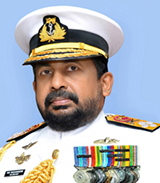
Admiral RC Wijegunaratne, WV, RWP & Bar, RSP, VSV, USP, ndc, psn, is former Chief of Defence Staff in Sri Lanka. He was the 21st Commander of Sri Lanka Navy. He earned his BSc (Hons) degree in War Studies from the Karachchi University, Pakistan in 1996 and MPhil in Defence and Strategic Studies (First Class pass) from the University of Madras in India in 2010. He is also an alumni of the National Defence University, Washington DC, (NESA Center). Views expressed in this article are the author’s own



